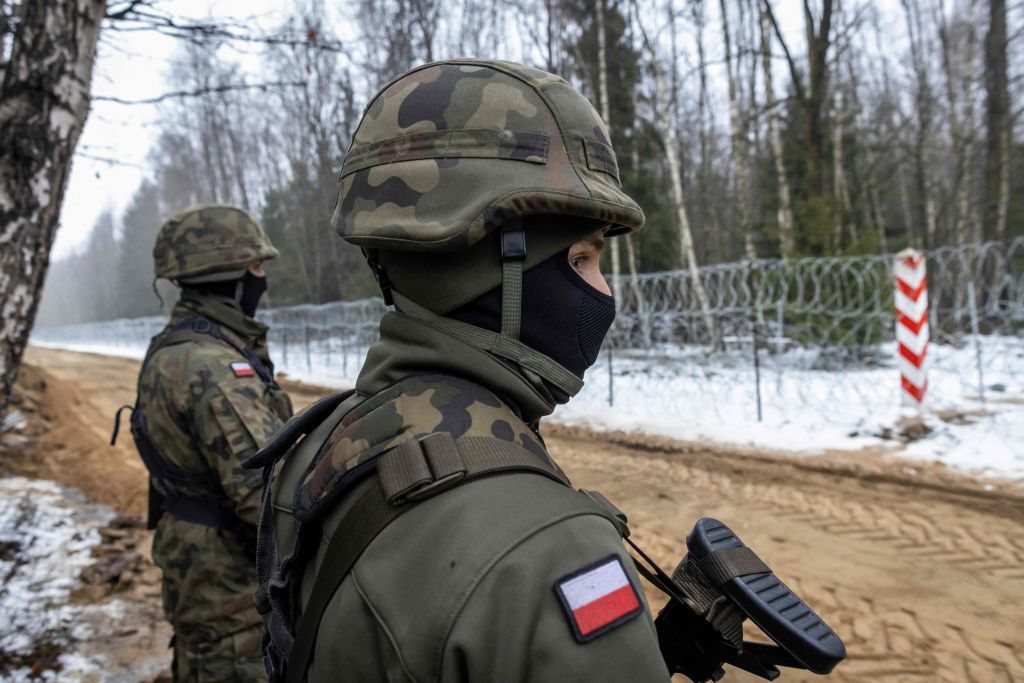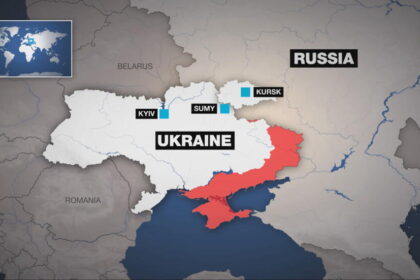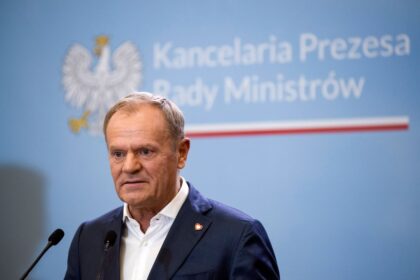**Poland-Belarus Border Tensions Escalate: Polish Official Rules Out Reopening Checkpoints**
In a recent statement, Polish Interior Minister Tomasz Siemoniak made it clear that the country’s border checkpoints with Belarus will remain closed. The decision comes as tensions between Poland and Belarus continue to escalate over the issue of migrants seeking asylum on the EU’s eastern border.
The crisis has been ongoing for several months, with Belarus and Russia repeatedly coordinating the arrival of migrants at the Polish-Belarusian border. Polish authorities have reported an increase in brutality from Belarusian forces, including stone-throwing incidents against Polish border guards.
Siemoniak emphasized that Poland would like to reopen its border with Belarus, but only if Belarus stops threatening Poland’s border security. “As long as Belarus behaves this way towards us, I do not see any possibility that anything will change in this area,” he said.
The Polish official also condemned Belarus for sending migrants to the border and denounced Belarus’s provocations against Polish border guards. He noted that the country has a responsibility to protect its border as a member of NATO’s eastern flank and as part of the Schengen zone’s external borders.
**A Border in Crisis**
The Polish-Belarusian border has been closed to passenger traffic since March 2023, with all but one checkpoint shut down. The situation has deteriorated further in recent weeks, with reports of a surge in asylum seekers on the border. Polish Defense Minister Vladyslav Kosinyak-Kamysh said that there were approximately 300 attempts to cross the border on April 5, all of which were thwarted.
“It is aimed at attacking Poland, not at trying to find shelter,” Kosinyak-Kamysh added. “To cross the border illegally is breaking the law.”
**Analysis**
The Polish-Belarusian border crisis highlights the complexities of Europe’s migration landscape. With Belarus and Russia continuing to push migrants towards the EU’s eastern border, tensions between Poland and its neighbors are likely to remain high.
Poland’s decision to keep the border checkpoints closed reflects its determination to protect its sovereignty and maintain order on its borders. However, this approach may also be seen as a way for Poland to assert its influence in the region and push back against what it sees as Belarus’s aggressive behavior.
As the crisis continues to unfold, one thing is clear: the Polish-Belarusian border has become a flashpoint in the EU’s migration debate, with far-reaching implications for regional politics and security.












